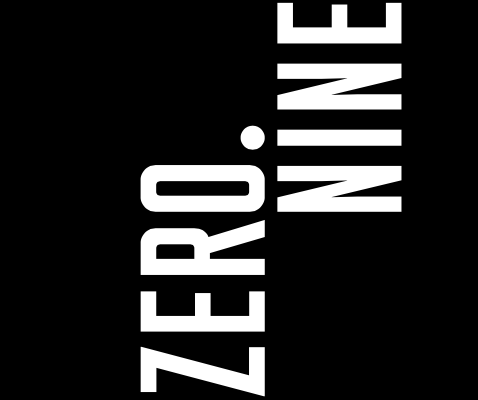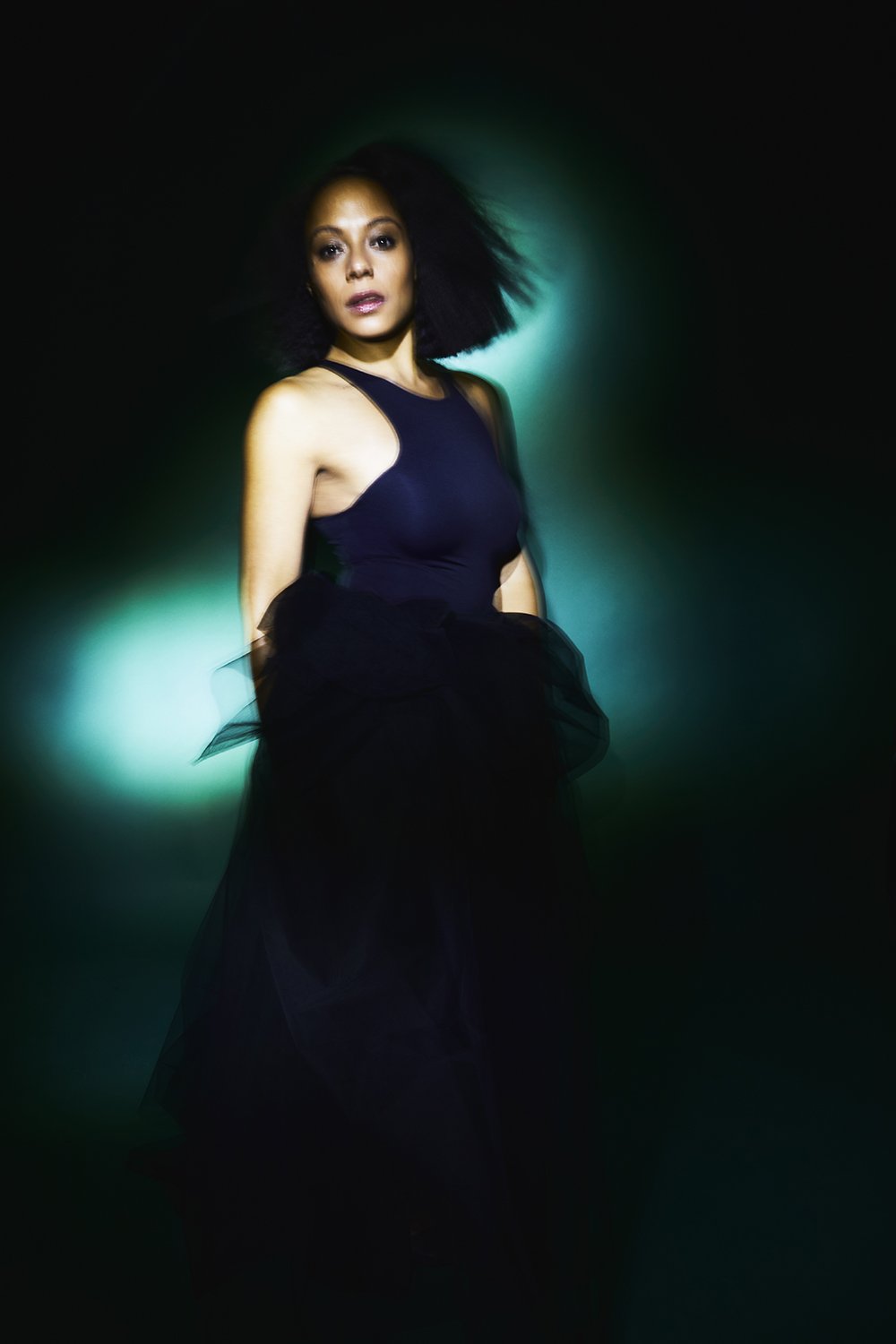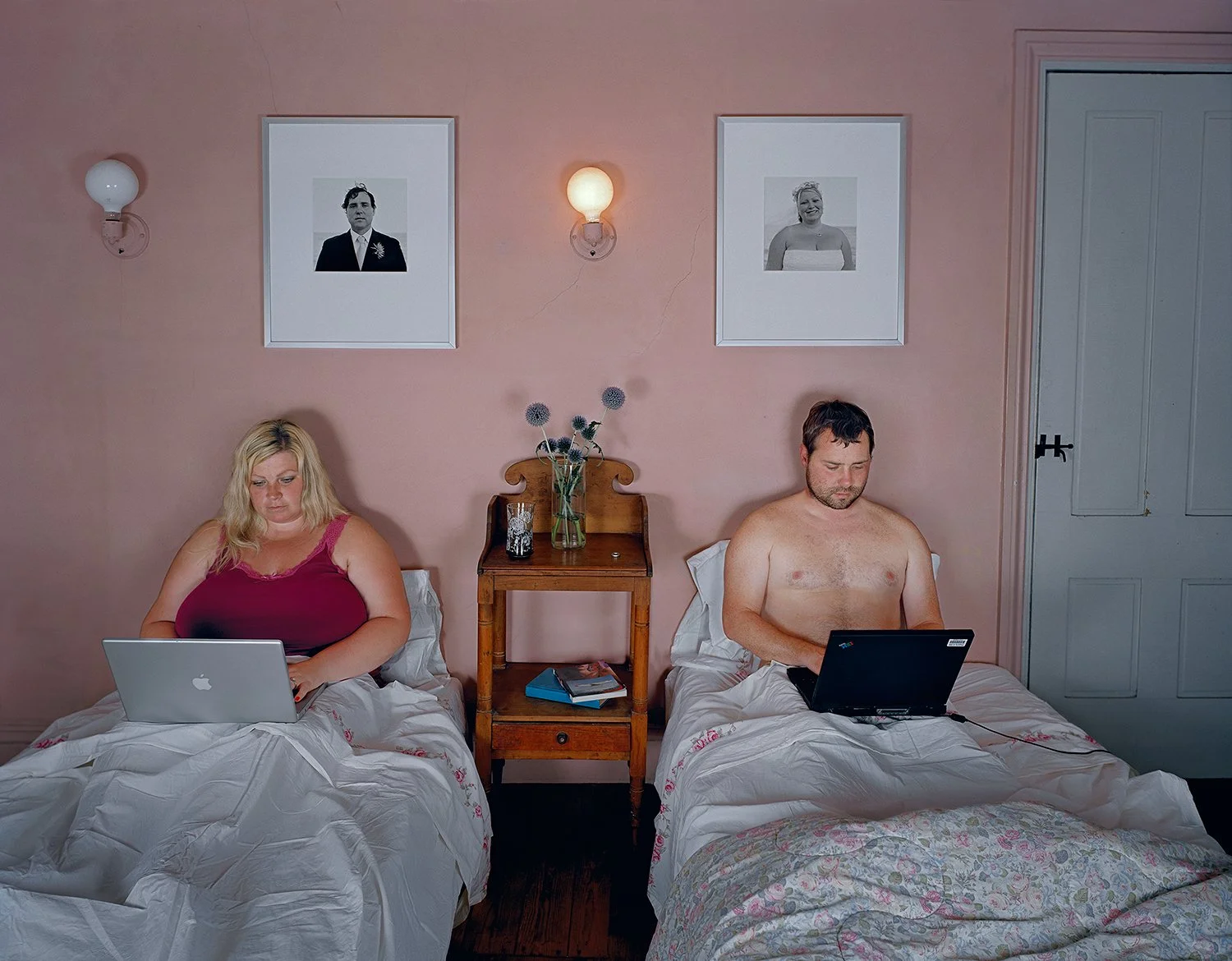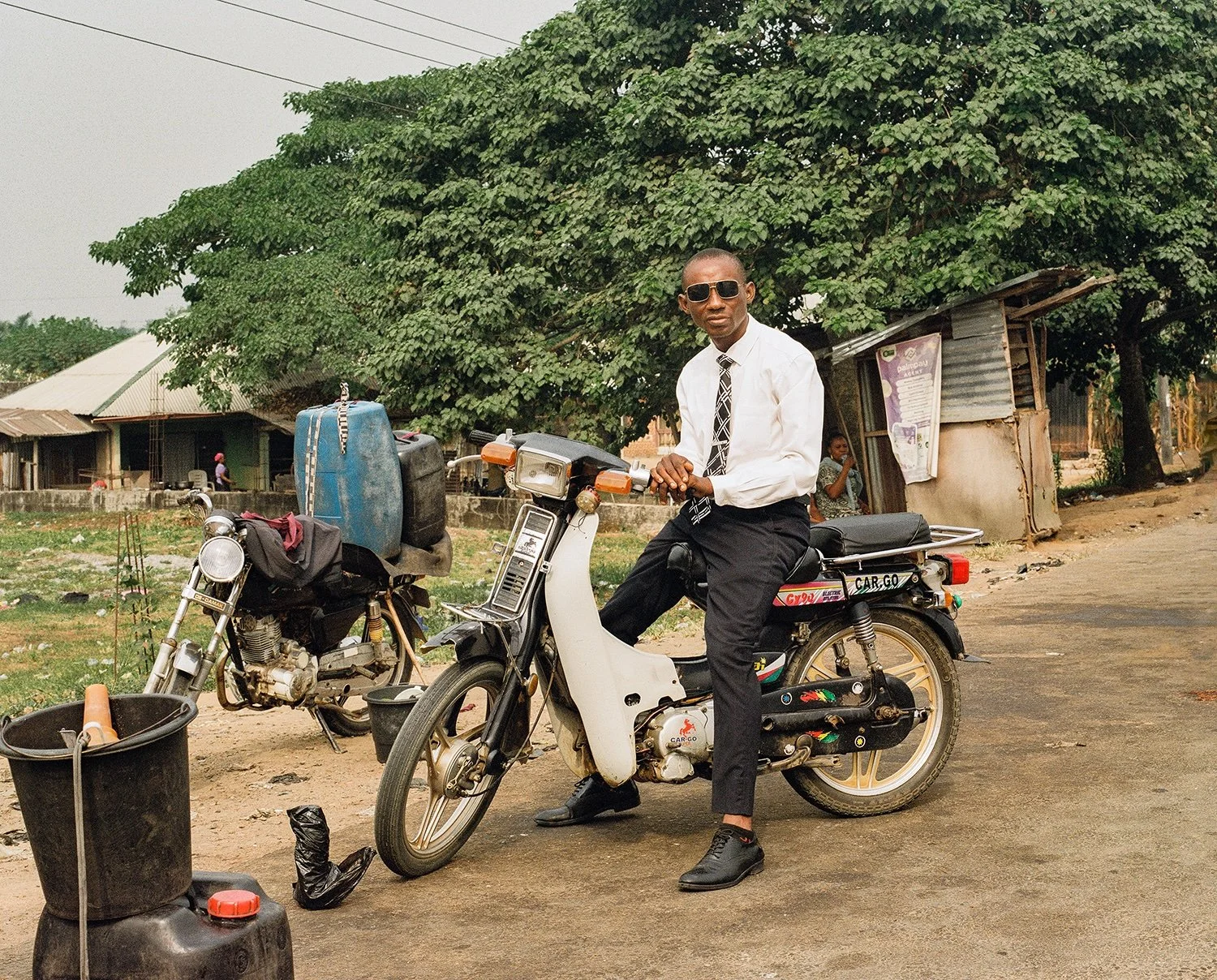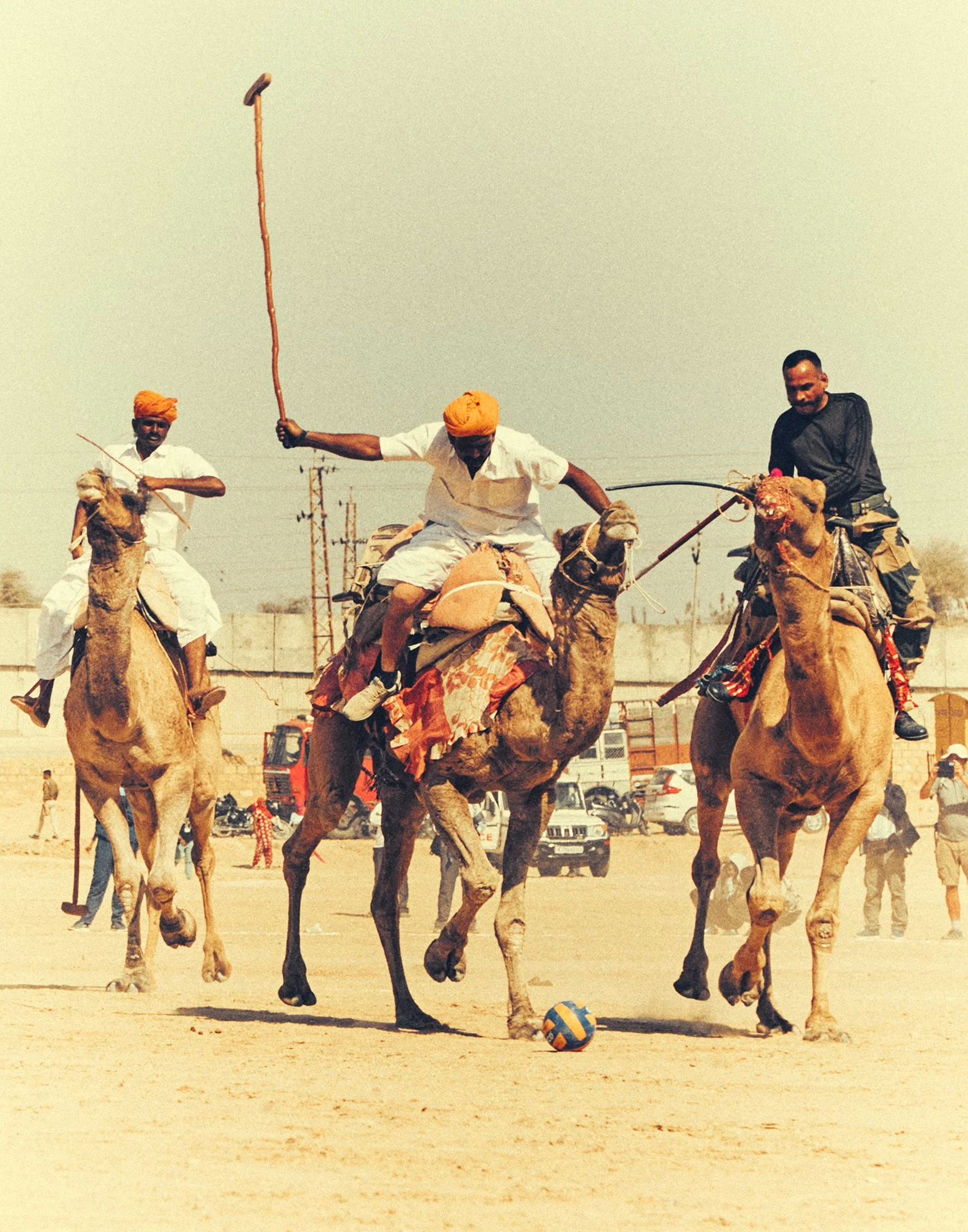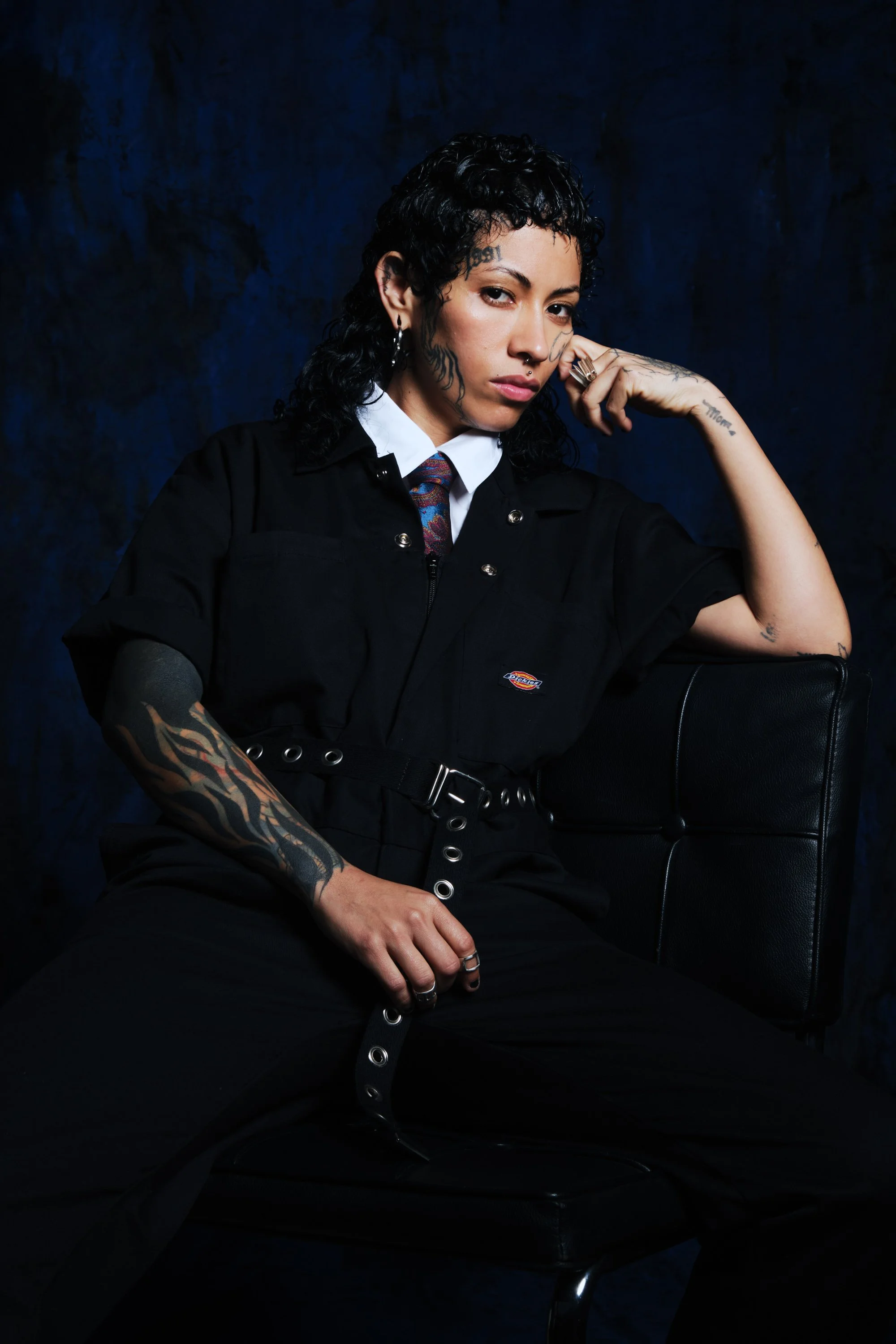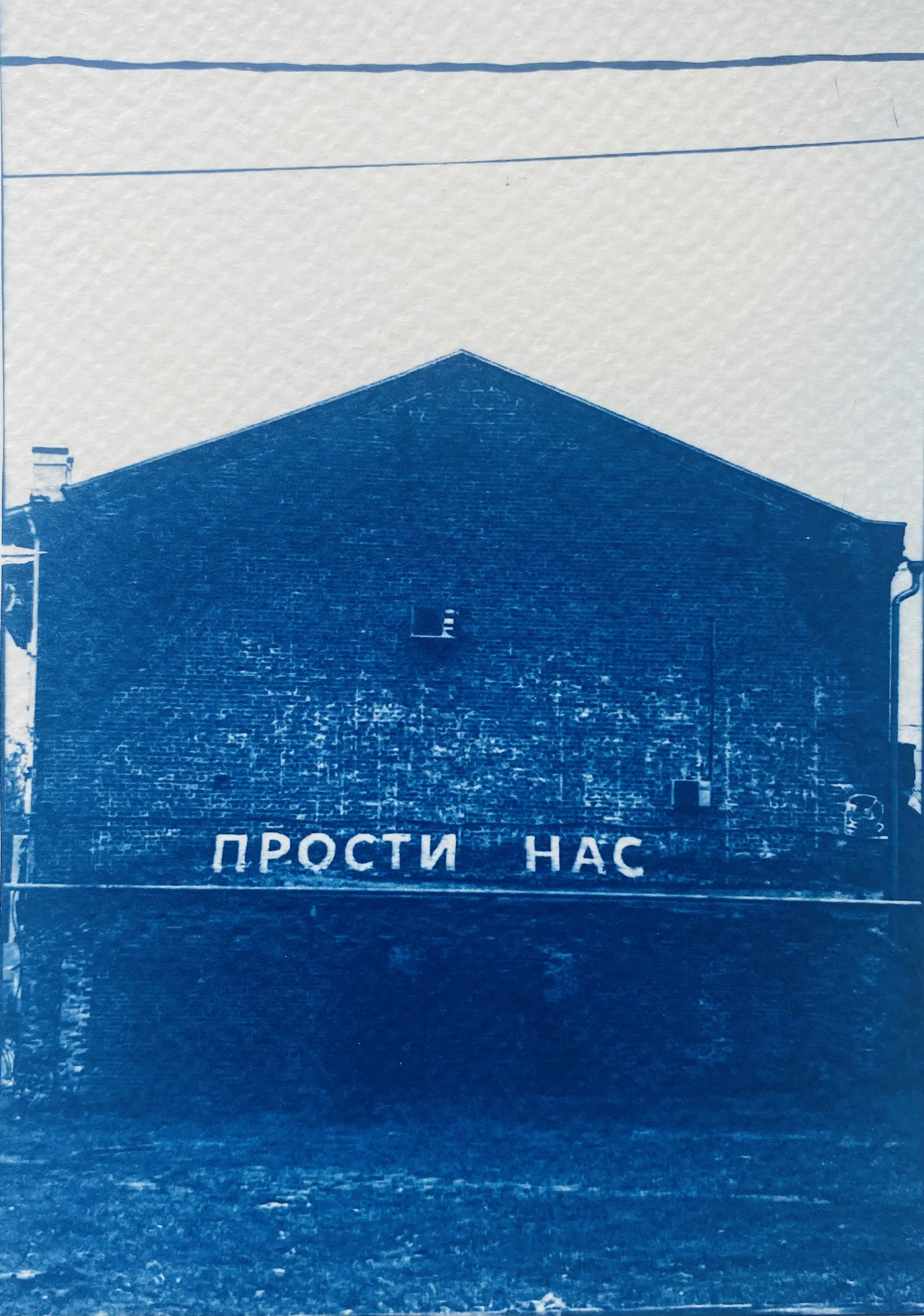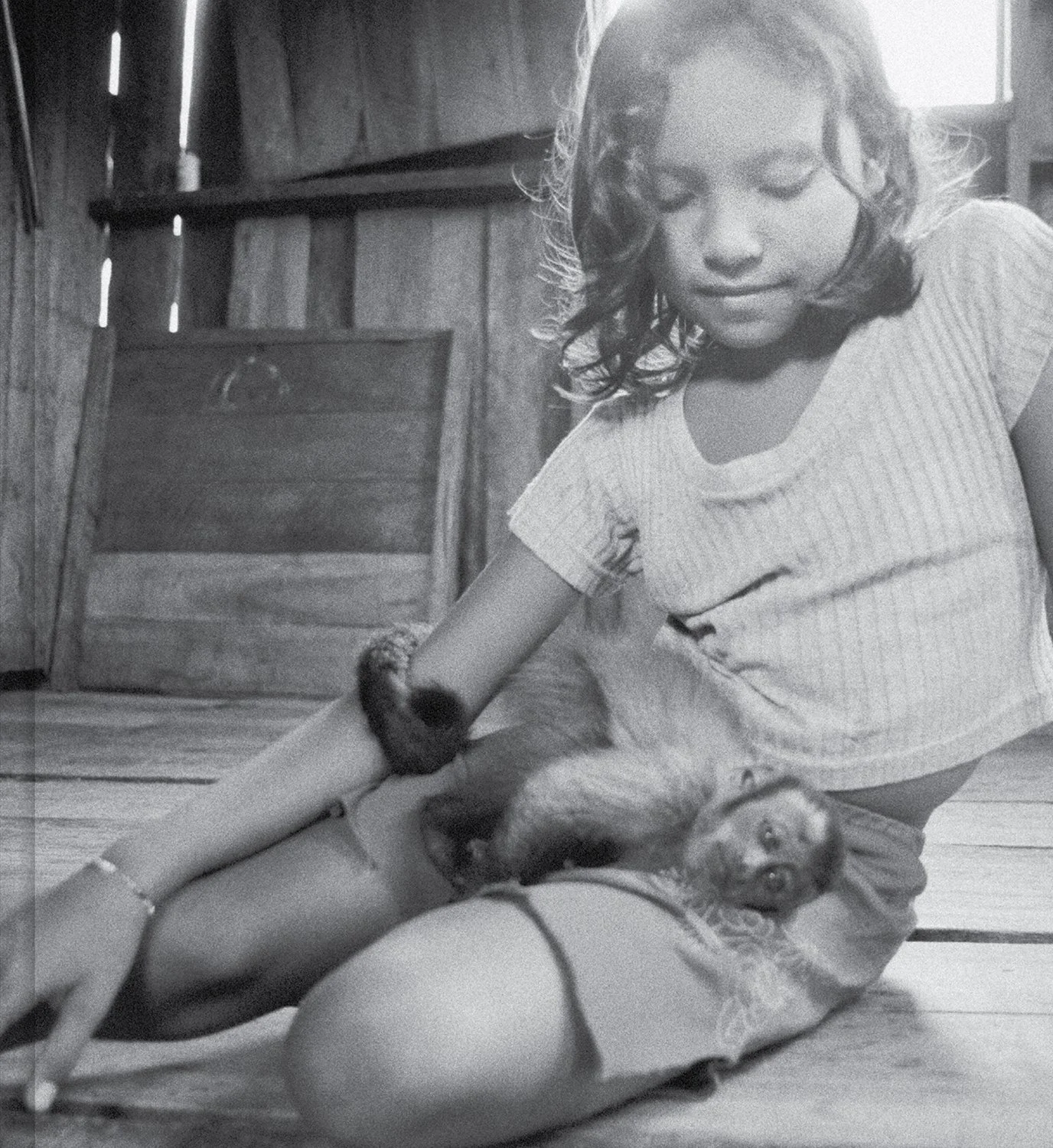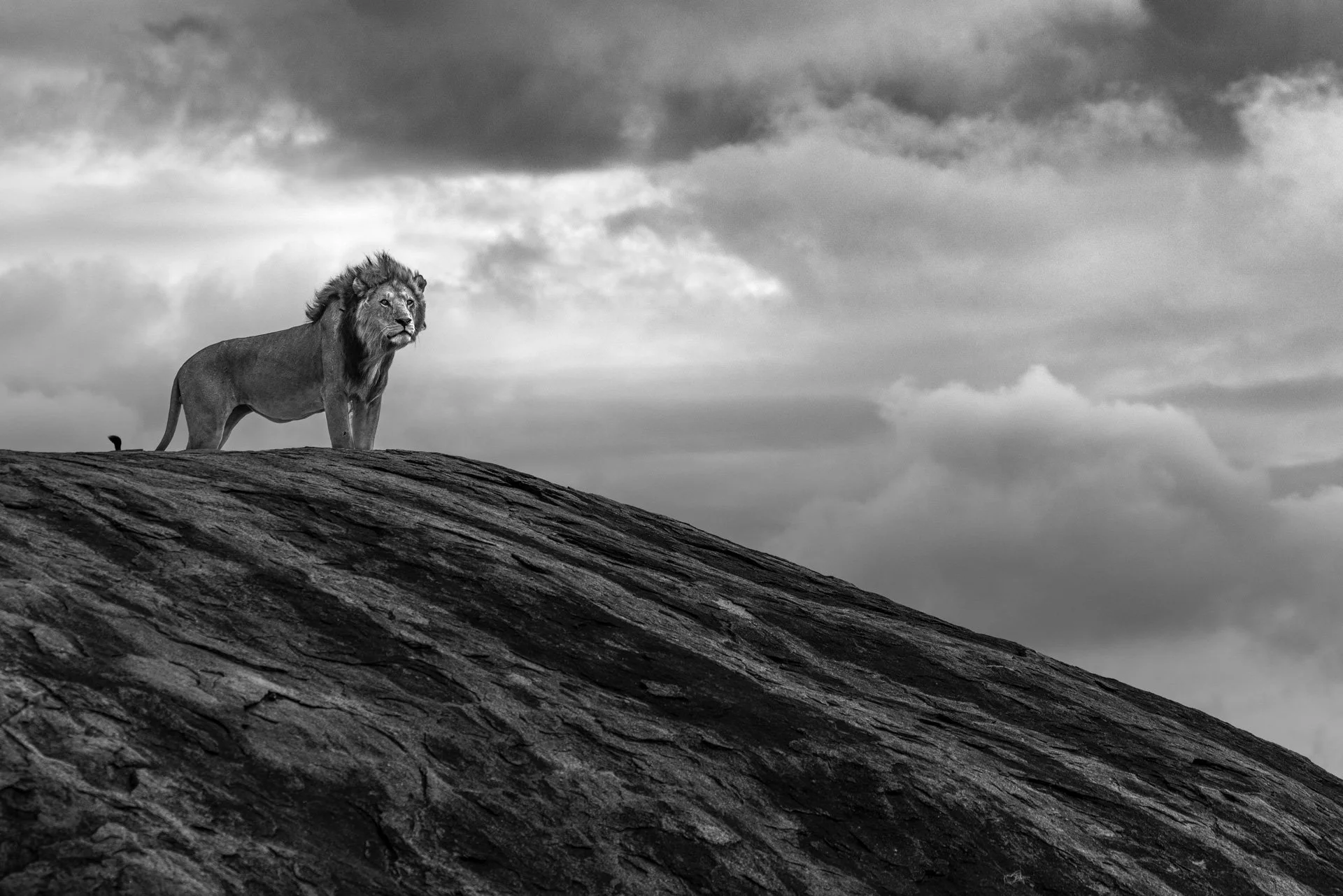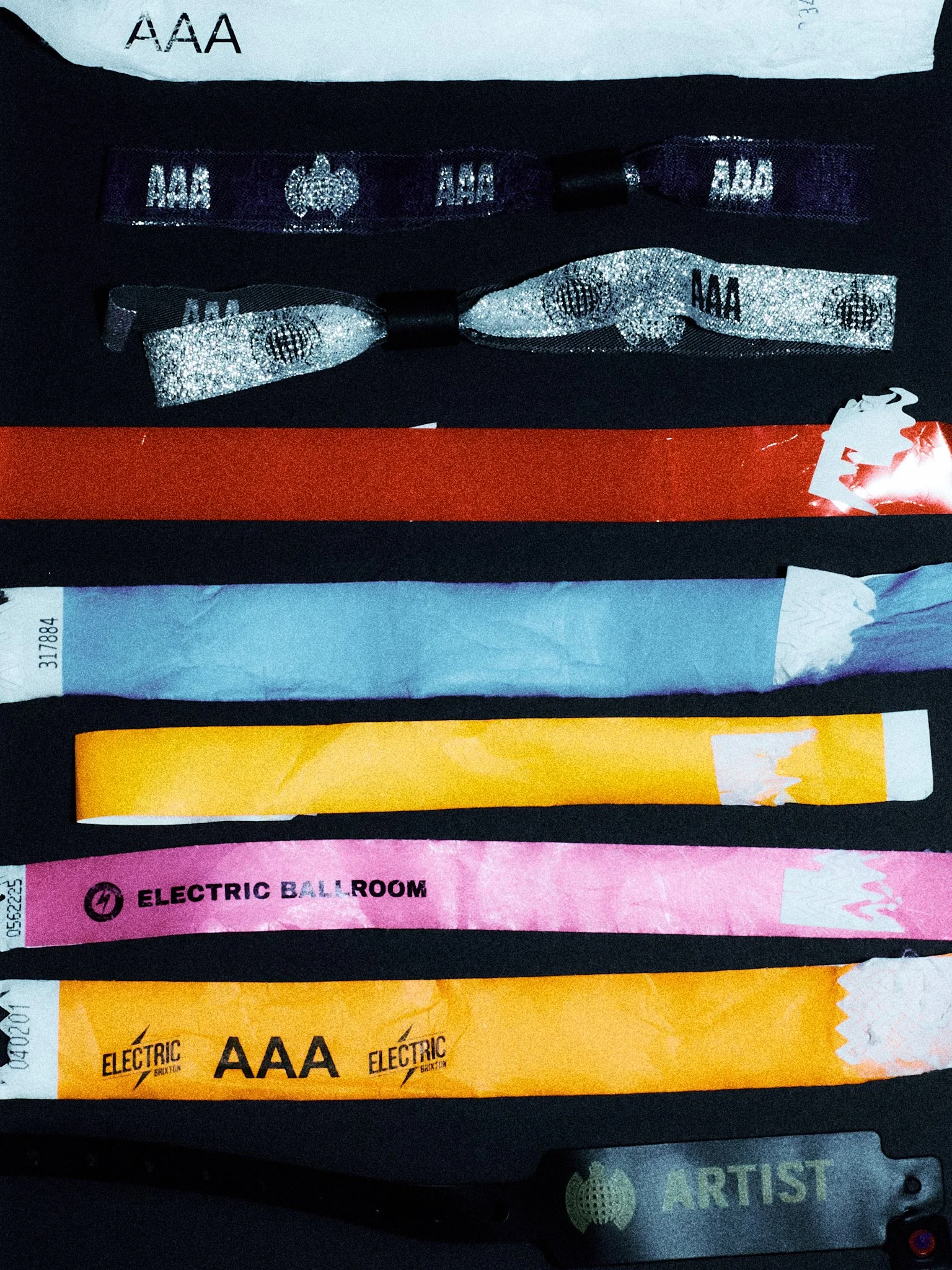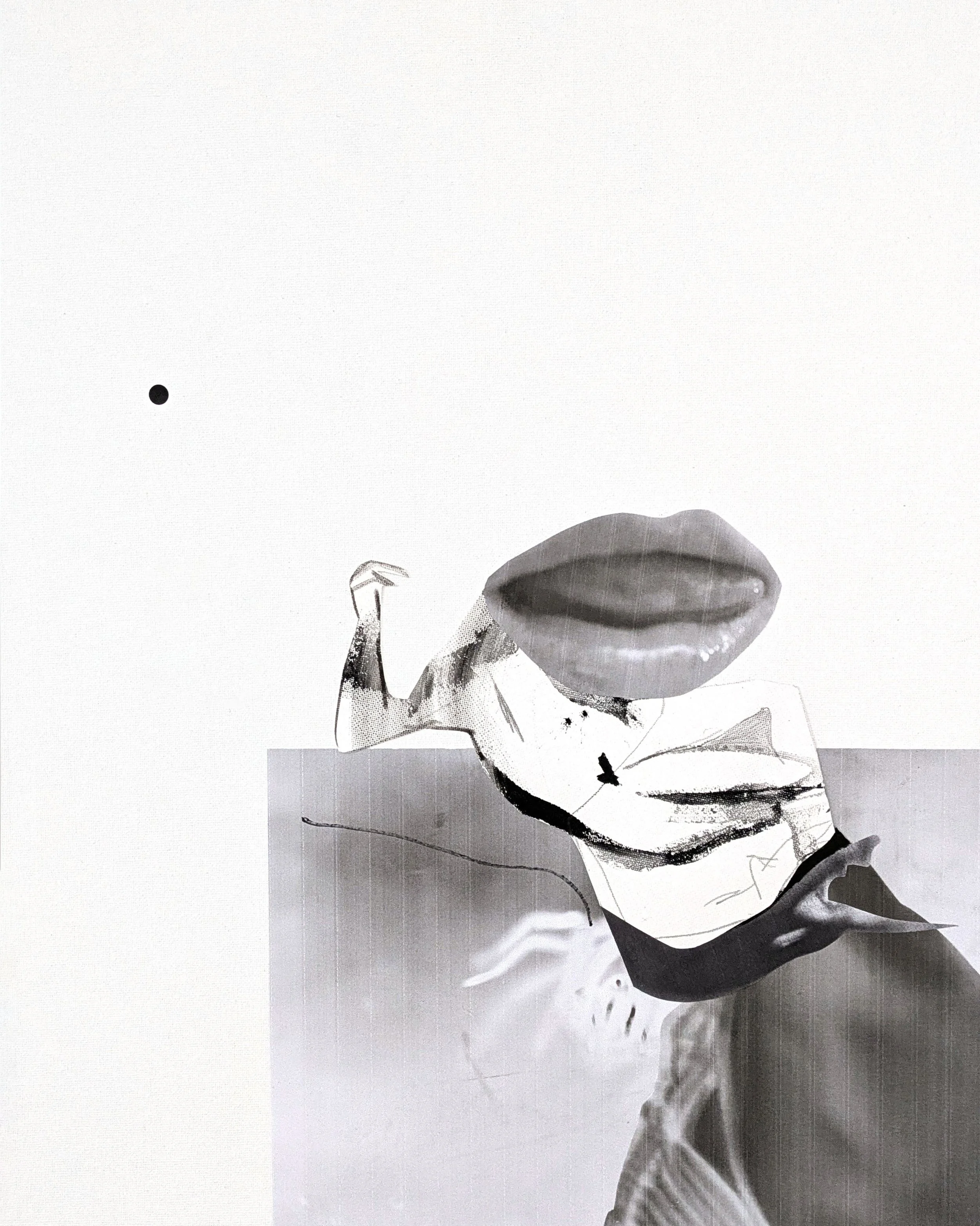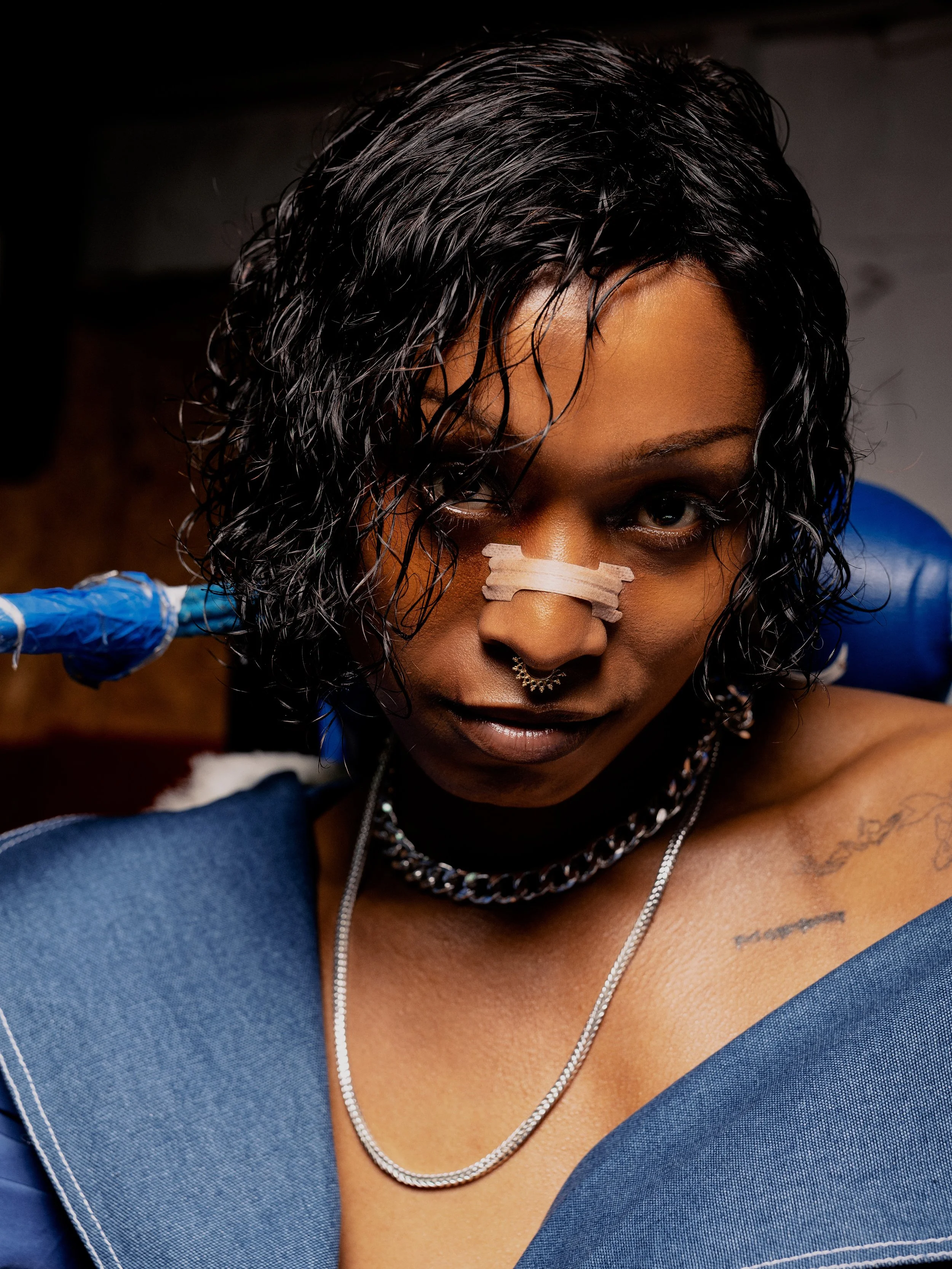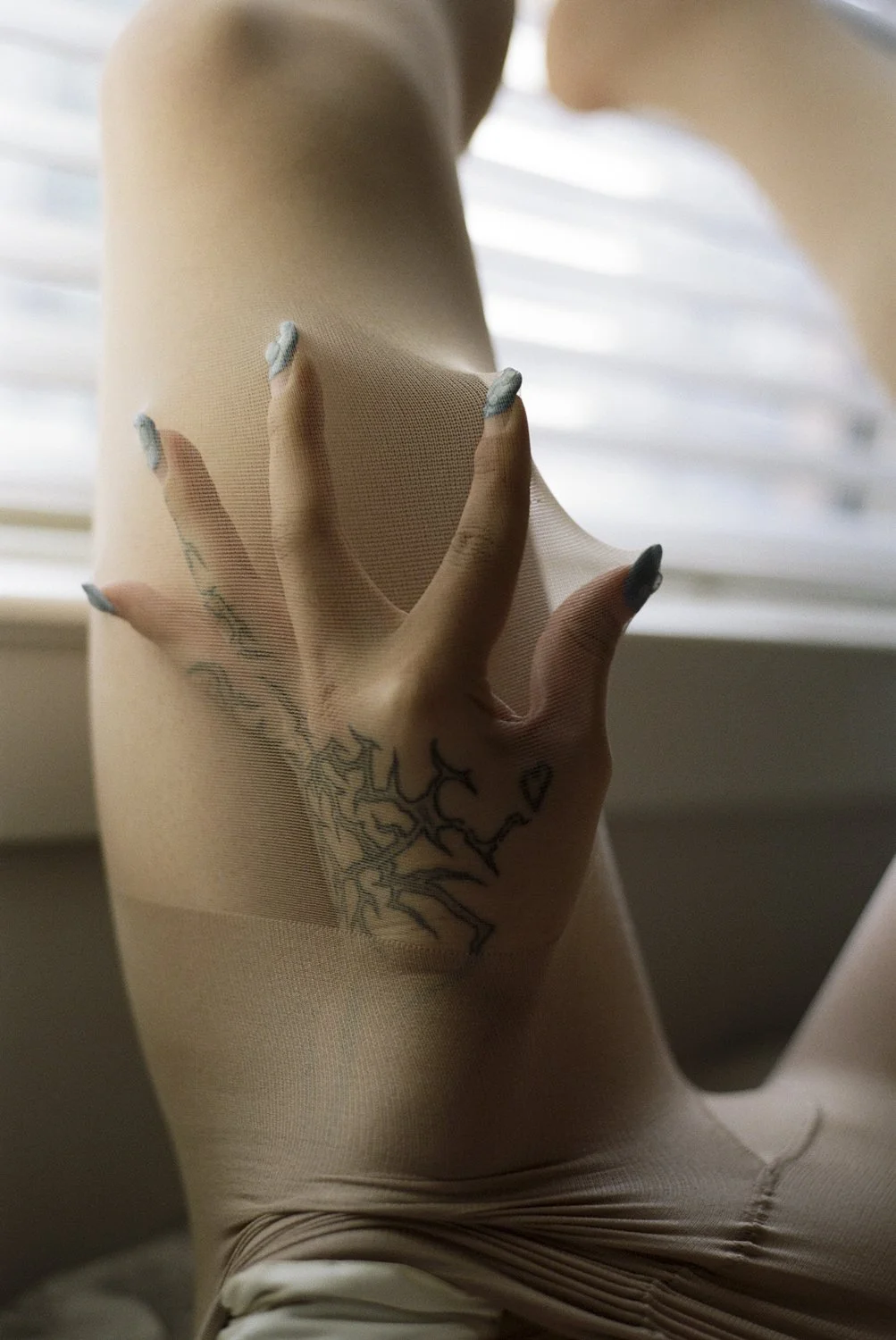On the Radar: Rosalind Eleazar. 3D Anthropology
We sat down with Rosalind Eleazar, star of Apple TV's Slow Horses, to talk about her journey from stage to screen along with the different methods she utilises to bring her characters to life.
By Liam Saint-Pierre Photography JC Verona Styling Patricia Machado Hair Kieron Lavine Make up Aimee Joyce Publicist EpilogueCan you tell me about your journey to being an actor and how that all came together?
So I went to Uni and studied Chinese and Spanish. I was part of the theatre society there, but I actually wanted to work for the UN. However, after Uni I moved to Ghana and started working for a production company, doing everything behind the camera. I was quite happy living in Ghana, but then a good friend of mine called me and asked me what happened to acting, so I thought I’d give it a go, applied for LAMDA and I got in.
What was drama school like?
I think I just felt so exposed all the time. I don't agree with the whole drama school breakdown to build you back up, but you do kind of start again on a clean canvas and start adding things to it, adding paints and developing from there.
What happened next?
After a few years at LAMDA I got my first job at the Royal Court.
Which was that like pretty much right away.
Yeah, I remember just being in my bedroom and thinking this journey is now going to get really difficult. And I was actually under the sheets and my agent called and she said, you got the job!
What’s your practice like?
I love watching people, I've always just been fascinated with people and how they operate and why they do the things they do. Why is your hand moving like that? You know, it's fascinating to me what makes people tick. It’s like I always say; 3D anthropology. And in some ways the process helps you understand yourself a bit better. It's almost a form of therapy.
Do you prefer theatre or film?
I like them both. With theatre I do enjoy that you can see a character through from beginning to end and I personally like the element of something going wrong. Usually I've found when watching shows and also being in them when something goes wrong, everyone's performance is heightened, everyone's so alive after someone drops something or forgets their lines, everyone's just sort of sucked into the present. It just lives for, for a second. And if two people are connecting, if the two actors are connecting, well it can be very, very beautiful to watch.
How did you find working with different directors?
I like when directors allow the actors to play more before coming in with their notes. They allow the actor to see what's in front of them. Let them play for a second. I also prefer only doing a few takes. It's a bit like when you're auditioning, if you're doing self tapes where you end up doing like 40, it's so tiring. There's nothing in between them. But when you go into the room and you know you're only going to do it once or twice, you're kind of fizzing a little bit more. I love when a director allows the two actors to improvise around the script. I think that makes really, really good work.
“One thing they don't teach at drama school is how to drop your character at the end of the day.”
So what was it like to work with Armando Iannucci on your first feature film?
That was great. So far, one of the happiest times of my life. And he's just brilliant. He's a real collaborator. And in that particular film, there were so many fantastic actors that you wanted to play. So the scenes were just fun. That's how I can sum up that film.
I remember holding my breath when I first watched it because I thought, God, this could be really taken apart by people for certain people, but when it ended I was really emotional because I thought it works. It works really well.
Then after the screening there were a lot of questions about casting and race. When I get lots of questions about race, I start to feel quite disconnected from the show, the film, the character, as if I'm a separate entity to do that. Armando's response was that he wanted the best person for the part, he said “I want to have 100% of the acting community available to me and I don’t want to be limited by race”.
How do you prepare for a role, do you have a process?
I think it depends. I don't know that I have a process. It depends on the character, but for someone like Agnes (from David Copperfield), to me it was about her energy. I've got a much slower and weightier natural temper and she's just a lot lighter. So between takes I did a lot of spinning, just literally just spinning.
Most things I've done, I've had a different accent which automatically puts you in a different space. I feel like Slow Horses is the first one that I've done in my own accent, which I think in some ways means that you can make it come to you. And that can be a bit trickier because then you're like, Oh, it's just me?
Another thing that I always do is I spend a lot of time with the character. I've become quite obsessive in thinking about it. Sometimes I'll write things down for a period of time before I actually do it. I'm kind of just obsessing over it, always thinking what would she do?
I remember one character that was quite dark and troubled that I played, I did find my behaviour really erratic over that period. And I was seeing a therapist at the time and she said I needed to find some more separation between myself and the character. Someone said that to me, one thing they don't teach at drama school is how to drop your character at the end of the day, you know, and come back home and be you again, especially if you're playing quite a heavy one.
I never thought about it , but in some ways you have a relationship with that character and then it's like a break for you.
Yeah, it does feel like that a bit because you do really care about them without knowing that you care about them – it's not conscious, but it’s true. I findQ&A’s sometimes quite difficult because when someone asks you a question about your character, I feel like it's quite personal and I don’t want to reveal too much.
“I love watching people, it's fascinating to me what makes people tick.”
What was the prep like for Slow Horses?
Well, we did have an ex-MI5 agent come in and talked to us, which was good fun. Sure, Slow Horses is about agents, but for me it's really more about the characters. It's more of an office sitcom.
And you’ve got the office romance.
Yeah, I've got the office romance.
What was it like working with those heavyweights of British acting?
Yeah, it's great. I mean, I only have scenes with Gary Oldman, so I don't really have scenes with Jonathan Pryce or Kristin Scott Thomas, but Gary is hilarious. He's just so much fun to be around. He’s very playful, like a child. He just plays with you on screen and each take is different, it's alive and he's so respected. He really wants to get to know everyone. He knows everyone's names on set.
Have you thought about the other side of the camera?
Yeah, definitely. I'm writing at the moment and I definitely want to direct. I’ve not written anything before, but I’ve been working on two scripts about me and my family that will hopefully be finished by the middle of 2023. There, I’ve set my deadline, oh no! OK, I’ve said it, they will be finished by July.
It's always good to have external goals!
About Rosalind
You can see Rosalind as one of the leads in AppleTV's Slow Horses opposite Gary Oldman. You may also recognise Rosalind from her leading role in Armando Ianucci’s The Personal History of David Copperfield opposite Dev Patel.
Follow Rosalind on Instagram
